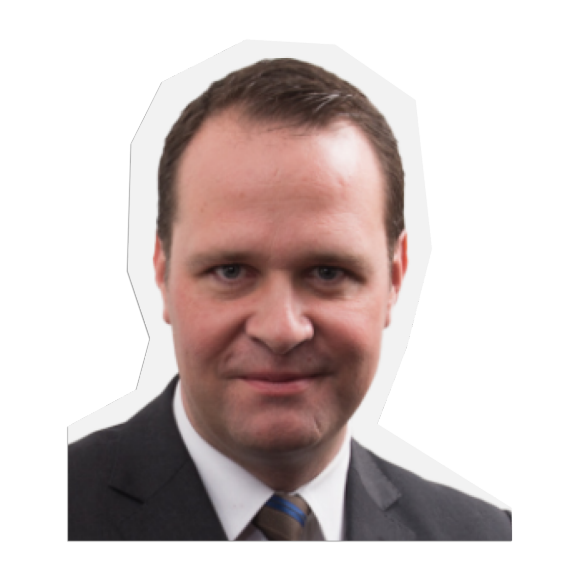Investing assets after selling a company
How entrepreneurs structure their assets
With the sale of a company, business assets are transferred to private assets. This raises the question of how the assets should be structured and invested. This article provides information on how to proceed in three steps.











